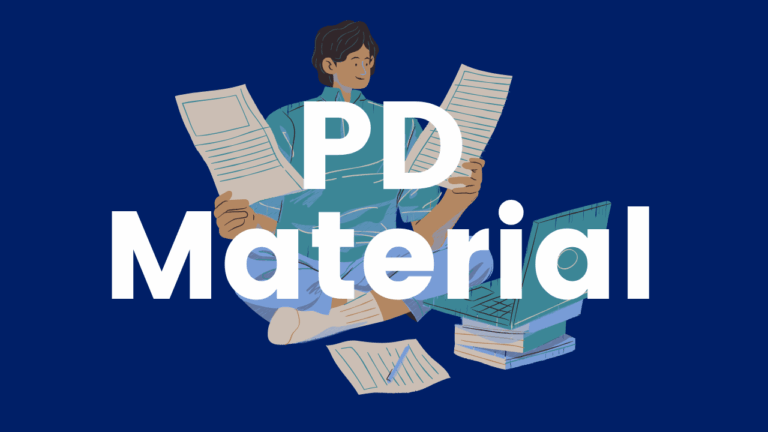In this International Dyslexia Association Perspectives article, Steve Goodman discusses the successful implementation of a Multi-tiered System of Support (MTSS) in schools through an Integrated Behavior and Learning Support Initiative. The article presents five key lessons from scaling up MTSS, including defining MTSS clearly, using data and focusing on outcomes, strategic scaling, investing in local implementation capacity, and aligning MTSS with other key initiatives. Goodman emphasizes the ongoing nature of the implementation process and the significance of supporting educators for effective MTSS implementation and improved student success. The article offers valuable insights for education policymakers and practitioners.







